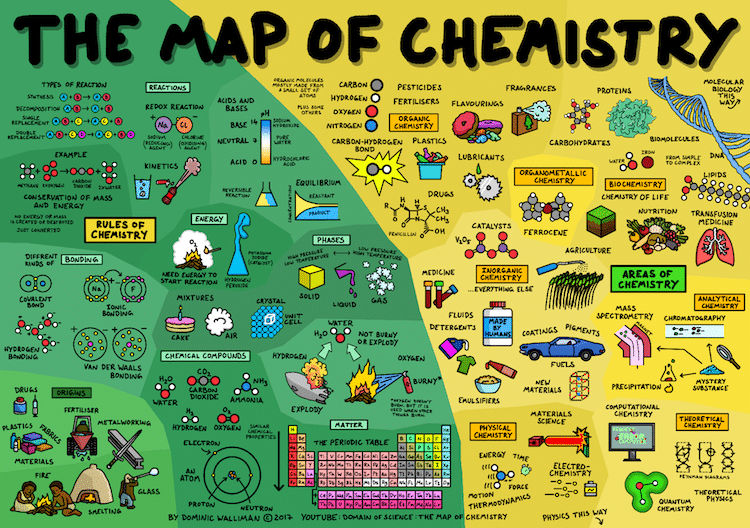What makes somebody a scientist? Scientists typically have traits that define their career as a whole. The most important of these is the use of the scientific method and the curiosity to find answers to questions–both those unsolved and those solved eons ago.
Anybody, from a kid to a grandmother, can be a scientist in some way. You can be a scientist in almost any place and at any time. A scientist can study in most any environment, from the traditional lab to one’s bedroom or kitchen, and what you can study in those places can vary as wildly as the sky’s color and the earth’s many textures.
One thing most scientists share is the use of the scientific method. In the words of theoretical physicist Richard Feynman, “Experiment and observation is the sole and ultimate judge of the truth of an idea.“** The scientific method is the process by which scientists form uncover answers to the questions they have. As philosopher John Dewey once wrote, “Every great advance in science has issued from a new audacity of imagination.”*
The scientific method consists of steps to help determine the validity of a hypothesis constructed about a question. The steps themselves consist of things like testing the hypothesis practically. If it is proven true then it is the answer to the question, but if it is false then the scientist’s process begins again by forming another hypothesis, this time consisting of the information gathered from the previously failed hypothesis. Richard Feynman once wrote, “The price for rejecting easy answers and reliance on authorities is that one must be willing to tolerate ambiguity and accept one’s own ignorance.“***
Scientists generally are defined by what area of science they focus on. Most of the time those who practice it work on a very specific area of science such as biology or chemistry with the people who study these fields being called biologists and chemists respectively. (The Ist suffix notes that one specializes in the subject.)
The fields of science encompass almost anything you can think of and thus anybody that seeks to become a scientist has an endless supply of subjects to examine. Science, as a subject, has more than 39 different fields of study. In my search for a number of science subfields, I could not even find an estimate. Even a single field can have hundreds or even thousands of subfields of its own.
Along the way, I did find this interesting infographic showing many of the sub-fields of chemistry. There are multitudes.

In summary, what makes a scientist doesn’t have one definitive answer, any more than the field itself has a limited set of answers. Science is far branching both you and me can pursue very different subjects, under the overarching tree of science itself.
* The Quest for Certainty: A Study of the Relation of Knowledge and Action. 2005, Kessinger Publishing.
** & *** Richard Feynman, Perfectly Reasonable Deviations from the Beaten Track: Letters of Richard P. Feynman. 2005, Basic Books.

